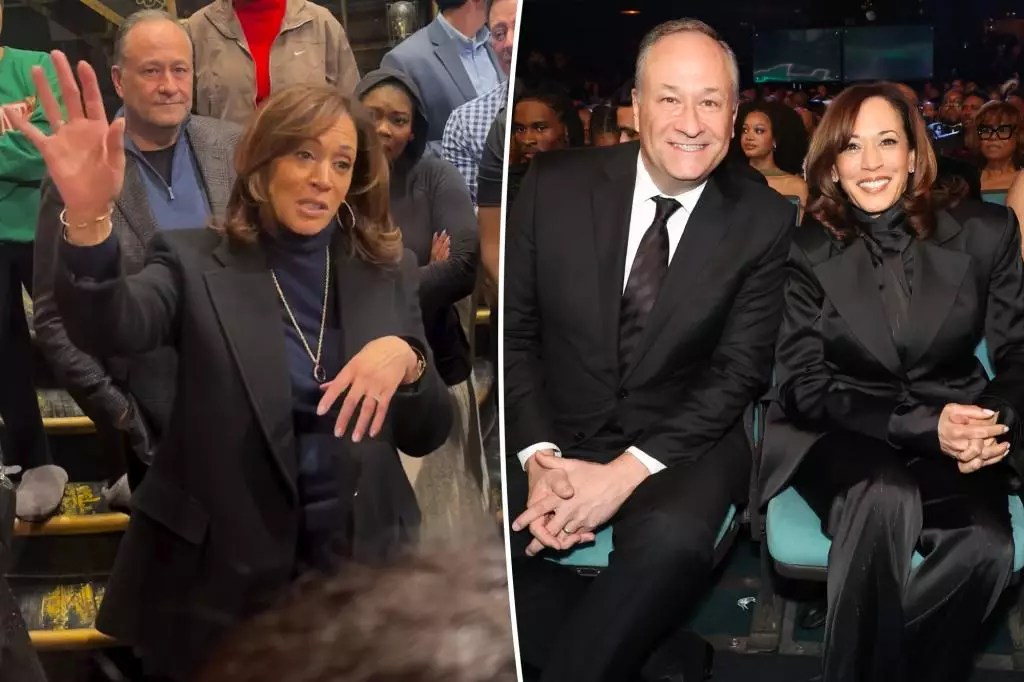In the swirling chaos of American politics, few figures have experienced the dramatic highs and lows that Vice President Kamala Harris has faced. Once considered a rising star, her current lack of visibility has drawn sharp criticism from Democratic insiders, who express discomfort at her perceived retreat from public life. With the scars of the last election still fresh, the urgency for dynamic leadership is magnified, prompting a collective sigh from those expecting more from the Vice President. The narrative that she is “missing in action” is not just idle gossip; it reflects the palpable frustration of a party yearning for boldness and commitment in the face of adversity.
The Burden of Expectations
Harris, who once captivated audiences with her charisma and sharp intellect, seems to have settled into a role that is seen as passive, raising eyebrows within her own party. One Democratic source openly criticized her for appearing more focused on leisure pursuits than proactive governance. The juxtaposition of attending Broadway shows alongside the weighty responsibilities of her office accentuates an unsettling disconnect between public expectations and Harris’s current engagement. Critics argue that a more confrontational approach is necessary, yet Harris’s perceived risk aversion seems to inhibit her from flinging herself into the national conversation.
Striking the Right Balance
The choice to limit media engagements suggests a strategic shift—but is it the right one? As political landscapes evolve, the effective use of new media is paramount for leaders hoping to connect with an increasingly diverse voter base. Harris’s reluctance to embrace these platforms in a meaningful way raises questions about her adaptability and whether she truly understands the elements necessary for successful leadership in today’s world. Ignoring innovative communication channels can prove costly, as demonstrated by the recent election’s outcome, leaving many supporters to lament the missed opportunities for a stronger connection.
In Search of Authenticity
What critics seem to crave most is authenticity—an element that can turn a politician into a true leader. Insiders are calling for Harris to peel back the curtain, to engage with the electorate on a deeper level that transcends superficial appearances. This need for transparency allows voters to see not just a representative but a person capable of understanding their challenges and aspirations. The notion that she is unwilling to expose vulnerability can alienate supporters, particularly in a time when empathy and relatability are invaluable.
The Road Ahead
Despite the current grumblings, there are those who believe in Harris’s potential for resurgence. Even amidst criticism, she has taken steps to engage with critical constituencies, sharing moments at significant events and aligning with influential groups. However, the question remains: will this approach translate into the kind of leadership that revitalizes her image and instills confidence within the party? Her journey ahead will certainly require a recalibration of strategies, perhaps embracing a bolder narrative that encourages active participation rather than retreat.
Leadership today demands more than traditional engagement; it requires carving out a memorable presence that resonates deeply with a society hungry for authentic voices. As Harris navigates this complex landscape, one can only hope she rises to the challenge, pivoting from the sidelines to a leading role in the political theater.


Leave a Reply